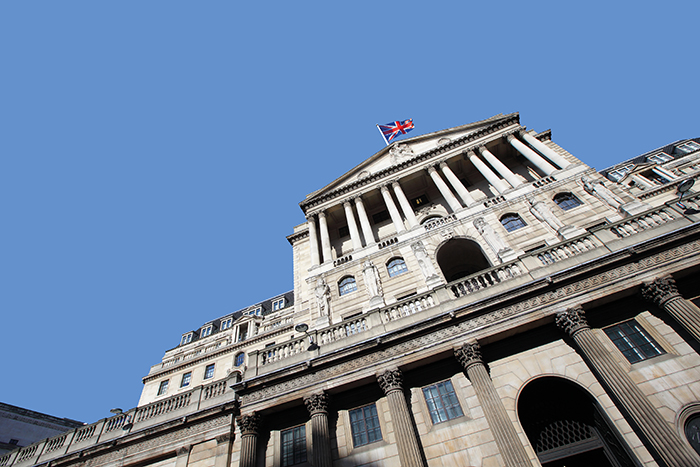
The Bank of England (BoE) has increased the base rate by 25 basis points to 4.5%.
This is the 12th consecutive rise in interest rates, and the highest the base rate has been since October 2008 — just weeks after the Lehman Brothers crash.
The BoE’s Monetary Policy Committee (MPC) voted 7 to 2 for the latest rise, with the minority voting to keep the base rate at 4.25%.
This latest increase comes after inflation has remained stubbornly high, with CPI standing at 10.1% in March, and the US central bank raising rates to 5.25% just a week ago.
In its summary the MPC has left the door open for further rate rises, saying that on current projections for inflation and activity it anticipated that the base rate would peak at 4.75% in the last quarter of this year, before falling back again to around 3.5%.
It is also anticipating that inflation will remain above target for the whole of this Parliament, but would be between 3% and 4% this time next year.
Cooper Associates Mortgages managing director Thomas Jackson describes today’s higher rate as “the new normal”.
He says: “For those new to the housing market who have bought in the last 10 years, the consistent hikes have been a shock. However, it’s important to note that these homeowners have gone through a very abnormal period when it comes to rates.
“A ‘normal’ mortgage market by today’s standards should see rates of between 4% and 5%. While we’re seeing some lenders go above this rate, the UK average five-year fixed rate (based on 75% loan-to-value) currently sits at around 4.78% with two-year fixed increases to 5.29%.
He adds: “Anticipating today’s rise, mortgage lenders have already raised their rates. Those on tracker mortgages and standard variable rates (SVR), are likely to see their monthly payments increase. The average SVR is now above 7%, its highest since 2008.
“Those on fixed mortgages are ok for the time being but anyone due for remortgage soon should put talking to a mortgage adviser to the top of their list.”
This 25 basis point rise will increase a variable rate mortgage repayment by around £26 a month – assuming a 75% LTV mortgage on a £270,000 property, the average value of a UK home. However the cumulative effect of these rate rises means that homeowners in this scenario will have seen mortgage repayments increase by almost £500 a month.